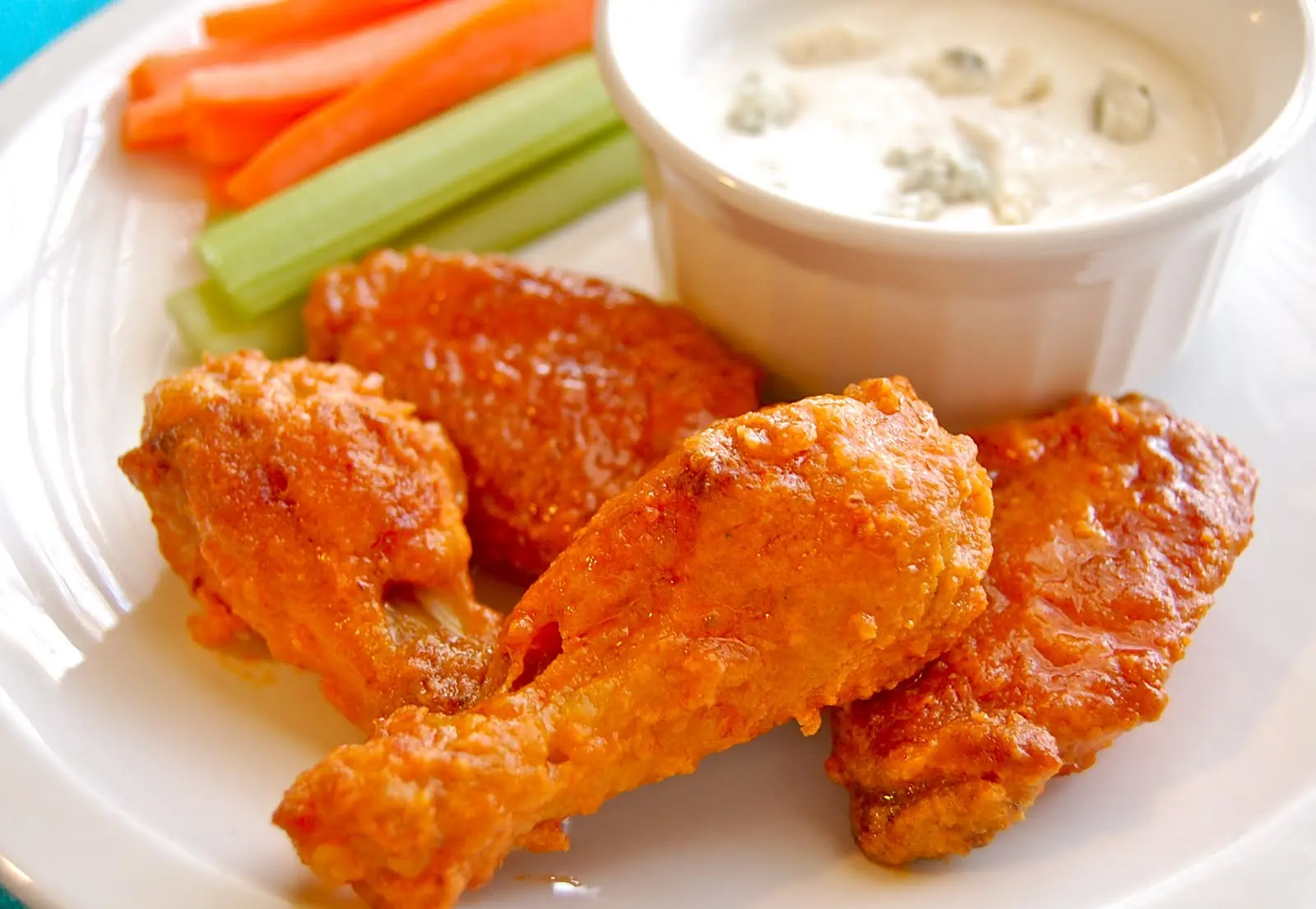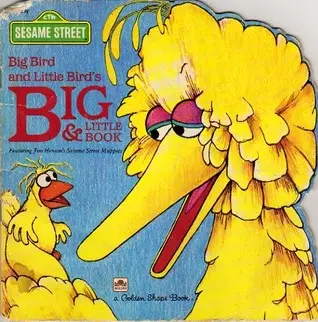Ah, love. I wonder if there was ever a topic about which so much has been written, yet so little actually understood.
In the English language, the word "love" is incredibly vague. See, while Romeo loved Juliet, you may love reading Shakespeare, and I love eating buffalo wings. We're using the same word for three different feelings with three different intensities (though the intensity of my love for buffalo wings may surprise you).

|
|

|
Either because of this or in spite of this, the concept of love is incredibly popular in fiction, and makes up either the plot point or a subplot of the majority of books in your library. So while it is a vague and difficult topic to cover, it would be useful for me to tackle some of the tropes out there to help you discover what SCIENCE has to say about love.
Unfortunately, this means that I will not be giving dating advice. But if you're a writer, you probably have no problems with your romantic adventures anyway, am I right?
Love at First Sight
Love at first sight is an immensely popular trope, which makes up the plots of Disney films and Nicholas Sparks novels. It represents the mystical aspects of love, a force so powerful that we would recognize a perfectly compatible mate based solely on the first look. Perhaps you know because of the singing birds, the angelic choirs, or the way the wind is blowing though his hair.
He isn't just perfect; love at first sight means you've found The One.

Most scientists seem to agree that love (in the traditional sense) can't really happen at first sight, but attraction certainly can. An attractive face (including facial symmetry) seems to have a strong input into our level of immediate attraction toward an individual. In fact, we can assess beauty in only a fraction of a second, so it's difficult to separate love and lust in such a short timeline. While love requires some degree of commitment, deciding that somebody is worth sexing doesn't seem to require too much thought.
We also have to be mindful of the psychological phenomenon known as the halo effect. This is the tendency to associate attractiveness with other positive qualities, such as intelligence, success or compassion. We are attracted to someone because they look beautiful, and our brain will fill in the gaps to support our conclusion that this would be a superior individual with which to mate. This doesn't just apply to love, by the way. Attractive defendants in court tend to get more leniency from jurors, who see beautiful people as more likely to be functional in society.
On the other hand, some instead choose to separate love into different parts, with names like "romantic intensity" and "romantic profoundness." With these kinds of names, the concept of lust sort of disappears, and the relationship between intense love and profound love becomes dependent on time. So love at first sight is a purely intense romanticism without any level of profoundness, not because profound love is impossible, but the love simply hasn't proven how profound it is yet.
Regardless of which definitions you choose to use, there is evidence that intuition can often be a better predictor of romantic success than standardized tests. This may or may not constitute love, but nobody denies that even an instant sexual attraction can often be a basis for a deeper, more profound relationship over time. So call it what you will, but if love can also mean, "immediate sexual attraction opens the door for a deeper relationship", then you can make a case love at first sight.
Opposites or Similars?
Do opposites attract? Or do birds of a feather flock together? Both ideas seem to have their own merits. Those who are similar to you will share your passions, while those who are different from you will provide new and exciting experiences. So which saying is correct? Hopefully it's not some weird combination, like opposite birds of feather being attracted to each other.

Similarities between couples seems not only to be a trend, but a necessity for most relationships to survive into the long term. Couples often share values and beliefs, which makes sense, because long-term relationships require the ability to solve problems and resolve conflict. Those with similar value structures are far more likely to cooperate and succeed than those who see the world in fundamentally different lights. An anxious, career-driven individual who works long hours is unlikely to find common ground with a type B personality, which makes the cultivation of a long-term relationship difficult.
We like to be with people who let us continue being ourselves, and that's not an easy situation to find between people who have foundationally different ideas on how life should be lived and what things are truly important.
However, that is not to say that we're looking for our clones. While we're searching for those with similar attitudes and beliefs, we're often looking for our opposites in other facets of our personalities. For instance, dominance is a trait in which opposites tend to be more romantically successful than similars. Two people with dominant personalities will clash, which tends to hinder conflict resolution, which in turn tends to threaten relationships.
So really what you should be focusing on is the potential for conflict resolution between your characters. People who are too similar to one another will likely get bored and restless with the lack of spontaneity, but people who are too different will clash and may feel insecure in their relationship. You aren't looking to ride the middle ground in every trait. Rather, your characters can share their beliefs and attitudes toward the world, but be different in their hobbies, passions, and levels of dominance.
Pheromones
I had a lot of requests to cover this, so here we go.
Pheromones are chemicals that organisms can spray into the air that will cause behavioral changes in other organisms of the same species. In many different species, pheromones are a powerful form of communication that can alert others to danger, compel mating behavior, and can be used to mark territory. You can think of pheromones as a sort of "super scent," a smell that not only provides information, but can dictate behavior in others.
In most animals that aren't advanced primates, the organ responsible for detecting pheromones is called the vomeronasal organ (VNO), also known as Jacobson's organ. It's located in the olfactory system, which is the group of organs responsible for the sense of smell.
In humans, the VNO is present during fetal development, but seems to atrophy in adulthood. Now, whether this organ functions or even exists in humans is a matter of debate. Some scientists have found evidence of the VNO, and others have not. Some argue that the needed genes for VNO function do not work in humans, while others say that the VNO has simply evolved into another, less recognizable form (likely due to our advanced communicative abilities), or they bypass the problem by pointing out that the rest of the olfactory system is perfectly capable of pheromone detection without the VNO anyway.
And so on and so forth.
In any case, there is some pretty compelling evidence out there that pheromones do affect human behavior in some fashion. For instance, there are studies that suggest we can detect our own kin by odor, presumably to keep incest to a minimum. We've also seen that when women smell a testosterone-like pheromone excreted in the sweat of men (and vice versa, with men smelling an estrogen-like pheromone in women's sweat), it lights up the hypothalamus, the part of the brain responsible for hormone response (like hunger and sex drive).
Even cooler, gay men who were tested neurologically responded to male sweat hormones the same way that women did, providing a possible biological basis for homosexuality and pheromones at the same time. Science is cool.
Finally, there's ample evidence that humans have the ability to detect specific immune system configurations in others. The Major Histocompatability Complex (MHC) is responsible for stuff like white blood cell production, and like many genetic combinations, it tends to work better in offspring when two parents have different variations of the gene. Studies have shown that humans seem to be able to prefer partners with dissimilar MHC types, and since I'm the only person I know who brings up MHC genotypes on the first date, it seems that pheromones might have something to do with this trend.
Whether or not you believe in the efficacy of pheromones in human beings, there isn't enough evidence on either side of the debate to land a slam dunk, so feel free to use or ignore pheromones in your story as you wish. Nobody has enough scientific basis to disagree with you yet.
Stockholm Syndrome
This is a little bit of a side-road from the topic, but due to its popularity in fiction, I thought this might be a good place to discuss Stockholm syndrome.
Named after a hostage situation in Stockholm, Sweden, Stockholm syndrome describes a condition where an individual bonds with an abuser. Though hostages tend to make up the most famous of Stockholm syndrome victims (such as Patty Hearst), the disorder can form in any sort of traumatic relationship.
It's psychologically complex, but basically what's happening is that an individual who is left powerless in a threatening situation searches for a way to adapt and survive, which the human brain is wont to do. To neutralize the abuser as a threat, the victim sympathizes with and perhaps even adopts the abuser's beliefs. This isn't a shallow absorption, either; Patty Hearst was arrested after she was found to be fighting alongside her captors, with whom she had bonded so closely that she called herself an "urban guerilla."

So how could this happen? Well, again, we find ourselves looking to evolution for the answer. One utterly depressing theory states that the bonding behavior was ingrained and selected in response to the wanton abductions of women and children that occurred during humanity's hunter-gatherer days. Those who were able to psychologically bond with and eventually copulate with their captors would pass this psychological vulnerability down to their offspring, where it hangs around until it rears its head in modern-day hostage situations. Evolution doesn't respond well to ingrained heroism, so instead, we end up with a survival mechanism which does effectively keep us alive in dangerous situations, at the expense of our psyche.
(Not) Defining Love
I rarely try to delve directly into craft advice, but I will here only for a moment. When I was preparing for this article, it was suggested more than once that I try to define love, which I think was put to me more as a challenge than anything. Either way, what love is doesn't matter. What your character thinks love is will be much more important.
If I wanted to, I could break down the emotion of love into its various chemical components and ruin Valentine's Day for you (as if you needed my help for that), but remember that rarely are we going to be interested in a relationship that is, by all definitions, perfect. For instance, imagine if we followed Disney's Cinderella past the ending and witness the love life of Cinderella and Prince Charming. Would it be interesting to see two attractive, perfect people dancing around the castle all day, being in love and never experiencing any sort of conflict?
No, the most interesting relationships out there, romantic or otherwise, are the ones that challenge our typical definitions of love. They either seem to work when they shouldn't, like in Beauty and the Beast, or don't seem to work as well as they should, like Harry Potter and Hermione Granger, apparently.
Don't write about love. Write about a relationship that your character thinks is love. Or maybe a relationship that the world thinks is love, but your character doesn't. Or a relationship that might be love, but who really knows, because we just like watching the couple do evil things together. Reading about relationships is far more interesting that reading about some textbook definition of love.
Conclusion
Because it was difficult to choose what to cover about love for a single column, I am open to doing multiple editions of this article, if you have any additional suggestions.
If you'd like, also tell us some of your favorite love stories, regardless of how they end or how twisted the relationship might seem. I'm a sucker for Byronic heroes in novels like Jane Eyre, and I'm fairly certain I can still recite by heart the entirety of The Phantom of the Opera (with Michael Crawford and Sarah Brightman, obviously).
Ah, that's a lot of memories. What about you?
Do you have an idea for my next science-themed article? I'm taking suggestions! Drop me some topics in the comments, and if I like it, and feel that I either understand or can research it well enough to explain it, your idea can be the next IMOS article. Also, feel free to call me out if you spot an error anywhere; I'd rather have a perfect article than a reputation for being perfect.

About the author
Nathan Scalia earned a BA degree in psychology and considered medical school long enough to realize that he missed reading real books. He then went on to earn a Master's in Library Science and is currently working in a school library. He has written several new articles and columns for LitReactor, served for a time as the site's Community Manager, and can be found in the Writer's Workshop with some frequency.










